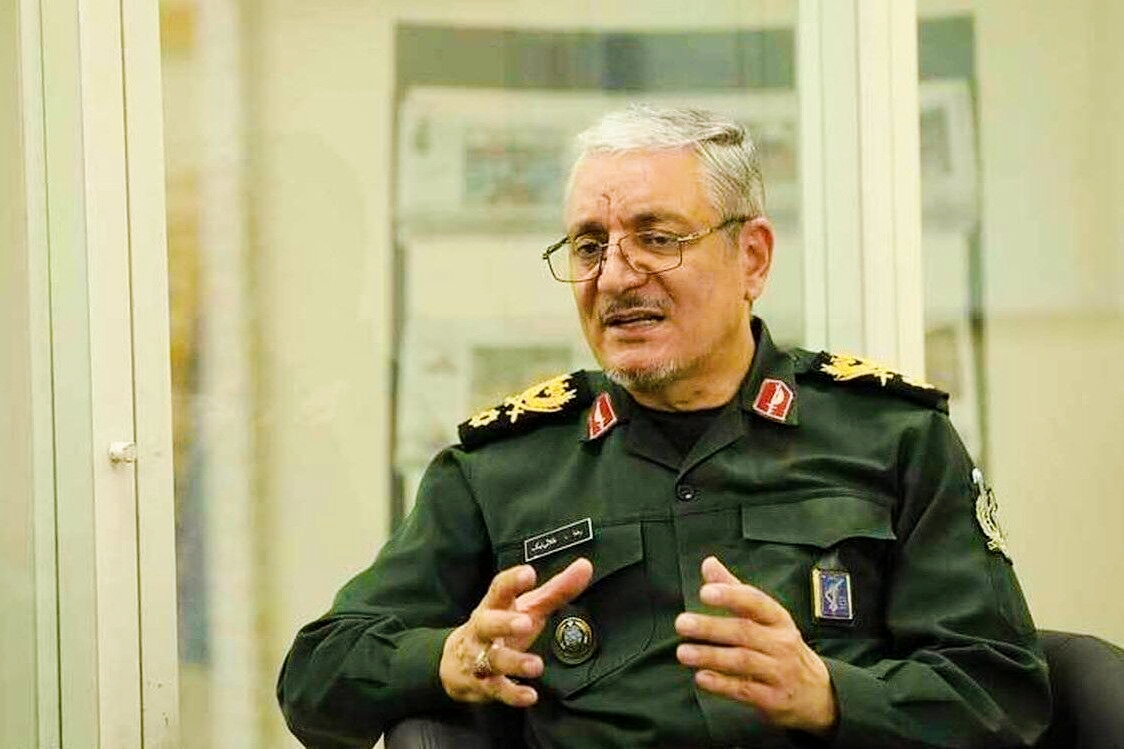Tehran: Israel Started the War and Collapsed Under Our Strikes
August 24, 2025246 ViewsRead Time: 2 minutes

Font Size
16
In the midst of the ongoing escalation between Tehran and Tel Aviv, Brigadier General Mohammad Reza Talabi Naki, the spokesperson for the Iranian Ministry of Defense, announced that Israel started the war against Iran with the aim of dismantling the country and weakening its power, but it failed to achieve its goals and ultimately resorted to the United States for rescue from the impasse.
Talabi Naki stated in remarks reported by official media: "Israel imposed the war on Iran, but it did not bear the consequences of its wrong calculations, which cost it dearly and led to painful strikes on its military infrastructure."
He added: "When it realized that it was on the verge of collapse, it begged the American administration to intervene and asked for salvation," according to his expression.
* Unprecedented War
These statements come in the wake of the unprecedented war that erupted last June between Iran and Israel and lasted for 12 days. During this time, Israel launched intensive attacks on military and nuclear sites within Iranian territory, managing to assassinate dozens of high-ranking military leaders and several prominent nuclear scientists, in addition to destroying many missile storage facilities and platforms.
* Decisive American Intervention
The attack coincided with preparations that were underway for the sixth round of nuclear negotiations between Iran and the major powers, but the United States decided to intervene militarily, as its warplanes carried out precise strikes on three highly sensitive Iranian nuclear sites: Fordow, Natanz, and Isfahan, with the aim of undermining the Iranian nuclear program.
* Surprising Announcement of Ceasefire
In an unexpected move, U.S. President Donald Trump later announced the end of the war and called on both parties to adhere to the ceasefire, putting an end to a wave of escalation that threatened to ignite a wider conflict in the region.
The recent conflict, which is considered the most dangerous in the history of tensions between Iran and Israel, redraws the geopolitical landscape in the Middle East and raises major questions about the future of the Iranian nuclear program and the role of international powers in regulating the rhythm of war and peace in the region.